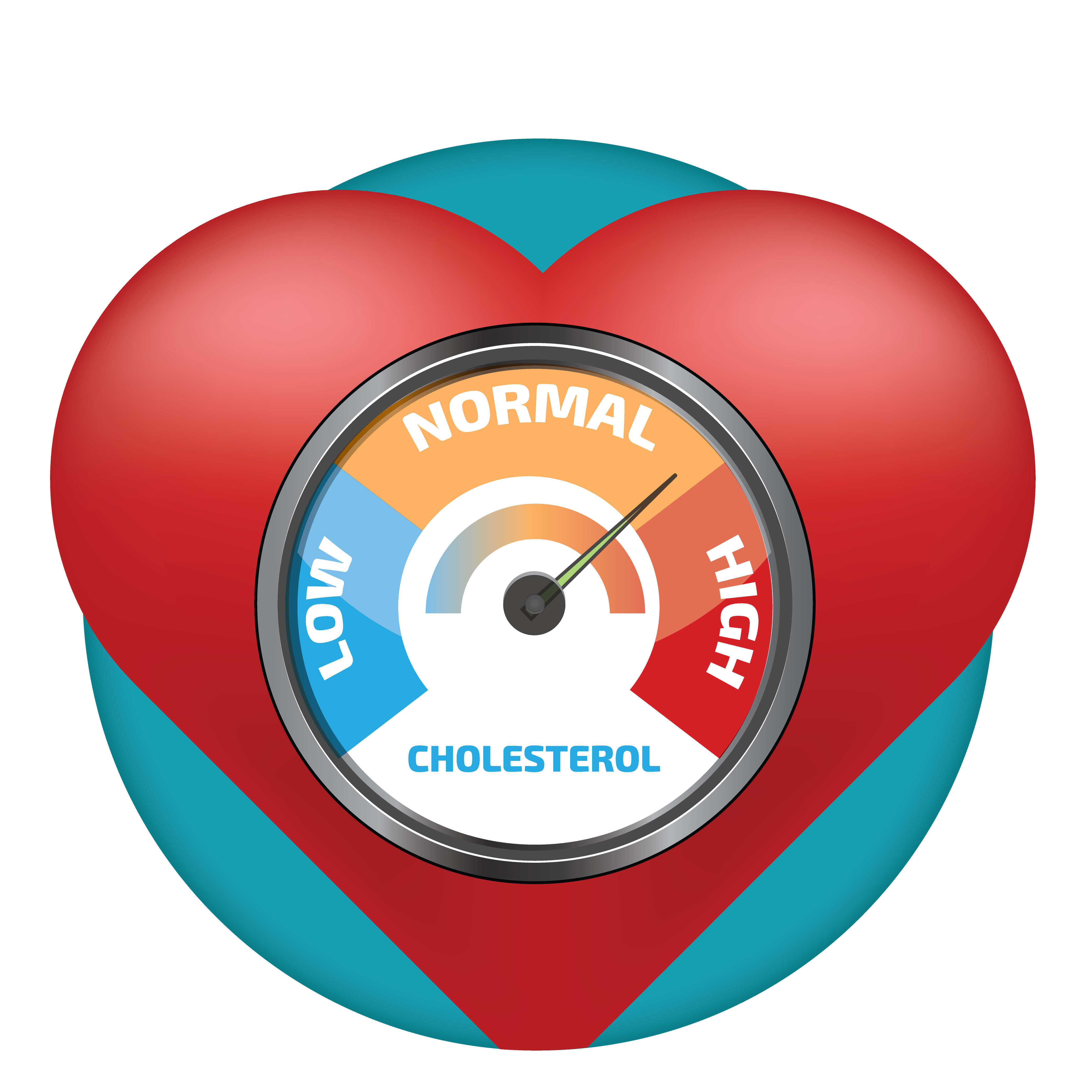Treatment
Early and stepped-up treatment for familial hypercholesterolemia (FH) is needed to lower LDL cholesterol and, in turn, lower the chance of a heart attack, stroke or early cardiovascular death.
Without treatment, LDL cholesterol levels and risks to the heart and brain will be very high. So treatment for FH is lifelong. A first step is to cut LDL cholesterol by at least half. Overall, the main goal is to get your LDL below 100 mg/dL if you have FH and no other risk factors. If you have other risk factors, then the goal will be to get LDL to under 70 mg/dL.
People with homozygous familial hypercholesterolemia (HoFH) will need even more intense therapy.
A healthy diet, regular exercise, weight loss and not smoking are known to lower cholesterol and carry a host of other health benefits. While these changes are essential for good health, lifestyle changes alone often aren’t enough with FH and need to be coupled with medications and other therapies.
Your health care team will advise you on what approach would be best for you. Treatment will likely include a combination of the following:
- Medications, depending on your type of FH and which medications have already been tried
- High-intensity statins, which block an enzyme needed to produce cholesterol in the liver
- Ezetimibe, which blocks cholesterol from being absorbed in the gut
- Bile acid sequestrants, which help remove cholesterol from the body
- PCSK9 inhibitors (alirocumab or evolocumab) work by helping the body get rid of LDL cholesterol from the blood by blocking a protein in the liver called proprotein convertase subtilisin kexin 9, or PCSK9
- Bempedoic acid, an adenosine triphosphate-citrate lyase inhibitor that helps stop cholesterol production in your liver, or a combination of bempedoic acid and ezetimibe
- Lomitapide inhibits the microsomal triglyceride transfer protein (MTP) to lower production in the liver and release of LDL cholesterol in the blood
- Evinacumab, an angiopoietin-like 3 (ANGPTL-3) inhibitor, allows faster breakdown of fats that lead to high cholesterol in the blood
- Inclisiran blocks production of the PCSK9 protein in the liver
- Lifestyle changes to help medication therapy
- Eating foods that are low in saturated fats, trans fats and cholesterol, and high in fiber, especially whole grains, beans, and fresh fruits and vegetables
- Being physically active most days of the week – even regular walking helps and not sitting for long periods of time
- Losing weight, if needed
- Not smoking or using tobacco
- Managing other conditions, such as high blood pressure or diabetes
- Lipoprotein apheresis is a nonsurgical therapy that filters the blood through a machine to remove LDL cholesterol. It’s often done every 2-3 weeks and is considered when cholesterol-lowering medications are not enough or are not well tolerated.
- Ongoing monitoring to keep your numbers on track – In the early stages of getting your cholesterol under control, you may see your health care team more often. But when your levels are stable, you may need only one or two visits a year.
Clinical trials involving other treatments are underway. For example, gene therapy is being studied and could one day potentially cure this disorder.
 Keeping Track of Your Cholesterol
Keeping Track of Your CholesterolIf you have FH, you will need to keep a close eye on your cholesterol levels. Talk with your health care team about how often you need to get your blood cholesterol checked, and any other steps you can take to stay healthy.
- Last Edited 03/09/2022
